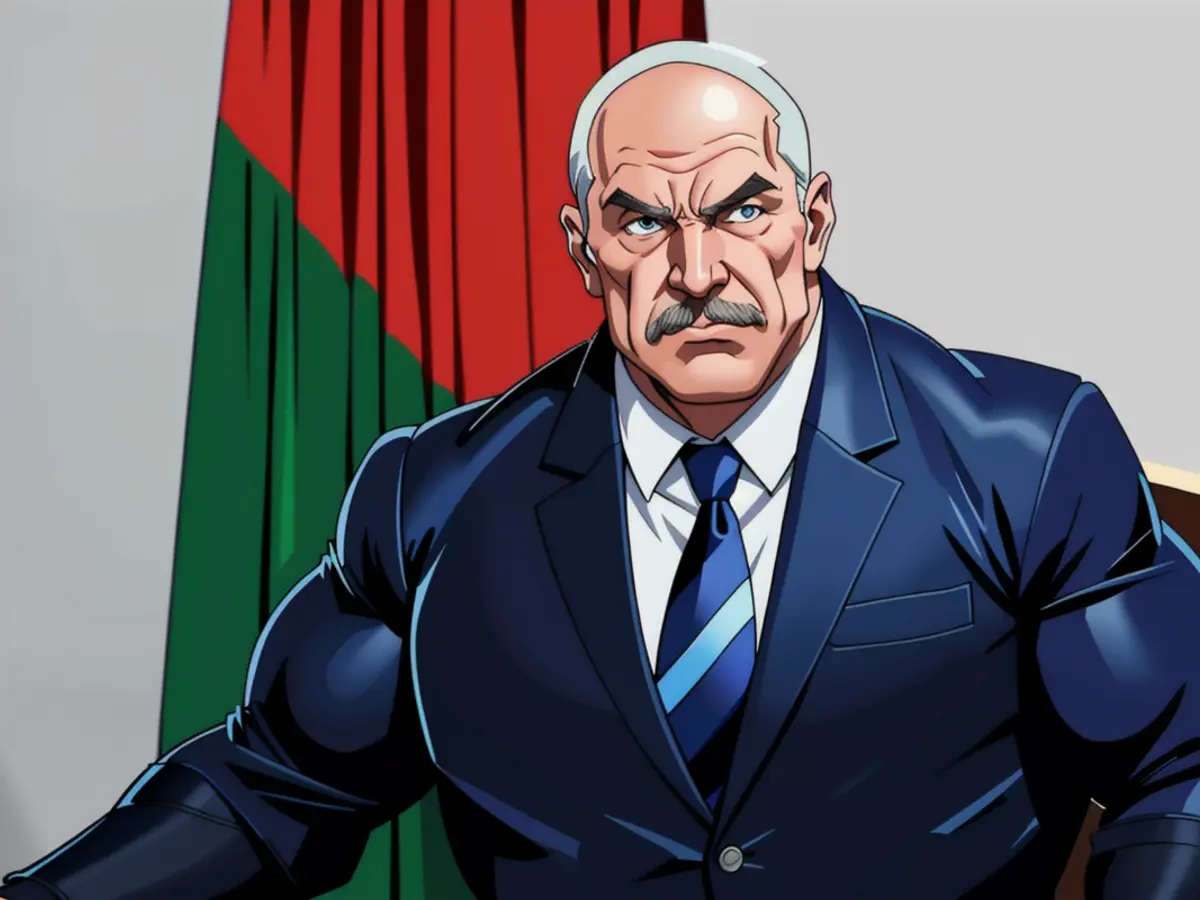Taking the Reigns Again: Controversial Leader Alexander Lukashenko Begins Seventh Term Amidst Ongoing Allegations of Election Irregularities and Oppression
Belarus: Lukashenko Inaugurated for Seventh Presidential Term
Hop on the rollercoaster of Belarusian politics as strongman Alexander Lukashenko officially clings to power for a seventh term, following his controversial victory in the 2021 presidential election.
Social Media Share LinksFacebook | Twitter | Whatsapp | Email | Print
Lukashenko, an autocratic figure known for his authoritarian rule, managed to secure another term with supposed support from over 86% of voters according to official results. However, the opposition and human rights organizations emphatically contest the elections, asserting that they were manipulated in favor of Lukashenko and lacked transparency and integrity.
Since the massive public protests against him in 2020, Lukashenko has ramped up his suppression tactics, detaining and imprisoning countless political opponents, resulting in Belarus boasting over 1,200 political prisoners as reported by human rights group Viasna.
Shifting Political Landscape
The political sphere in Belarus has undergone significant transformation since Lukashenko's inauguration, with the 2020 presidential elections being a focal point of controversy and contention. International observers and opposition leaders have accused the Belarusian government of rigging the election results to secure another term for Lukashenko. Despite these allegations, Lukashenko has continued to hold power.
In 2022, Lukashenko initiated a referendum aimed at altering the constitution, further consolidating his control. Critics have denounced these constitutional changes as a means to strip away democratic norms and reinforce an authoritarian rule.
Opposition and Repression
The Belarusian government has continued to intensify its suppression of opposition figures, activists, and independent media. This crackdown on dissent has diminished the role of the opposition in the political sphere, leaving a void that Lukashenko is only too eager to fill.
The government has also tightened control over civil society organizations, imposing strict regulations and stifling their ability to advocate for reform.
Human Rights Concerns
The regime's suppression of opposition has escalated into widespread human rights abuses, including arbitrary arrests, torture, and forced disappearances. Lukashenko's crackdown on dissent has drawn significant international condemnation and sanctions against Belarus.
International communities, particularly the EU, have imposed comprehensive sanctions on Belarus due to its poor human rights record and suppression of democratic opposition. These sanctions have further jeopardized the country's struggling economy and inflamed diplomatic tensions.
Economic Struggles and Alliances
As a result of these sanctions, Belarus has increasingly turned to Russia for economic support. Although this alliance has provided some semblance of economic stability, it has also deepened political dependence on Russia and hindered Belarus's relations with Western countries.
Despite international pressure and diminishing global support, Lukashenko remains in power, continuing his controversial rule with a tight grip on the nation. Stay tuned for more thrilling developments in the never-ending saga of Belarusian politics.
Sources: ntv.de, afp
[1] Reuters, "Belarus Opposition Reports Thousands Detained in Anti-Lukashenko Protests", 19 August 2020. https://www.reuters.com/world/europe/belarus-opposition-reports-thousands-detained-anti-lukashenko-protests-2020-08-19/[2] BBC News, "Belarus's Lukashenko wins sixth term in disputed vote", 10 August 2020. https://www.bbc.com/news/world-europe-53720478[3] Human Rights Watch, "Belarus: Authorities Arrest Opposition and Activists Ahead of Protests", 7 August 2020. https://www.hrw.org/news/2020/08/07/belarus-authorities-arrest-opposition-and-activists-ahead-protests
The Commission, involved in preparing the draft budget for the European Union, has also expressed concerns about the human rights situation in Belarus, given the ongoing crackdown and suppression of opposition figures.
In a debate on Belarus during a recent meeting, the Commission member highlighted the need for EU leaders to consider imposing further sanctions on Lukashenko's regime in response to the nearly cracked Whatsapp lines of communication used during the 2021 elections, which human rights organizations believed were manipulated in favor of the controversial leader.
Given the ongoing political repression and human rights abuses in Belarus, many European Union officials have called for increased pressure on Lukashenko and his regime to ensure a more democratic future for the country.








